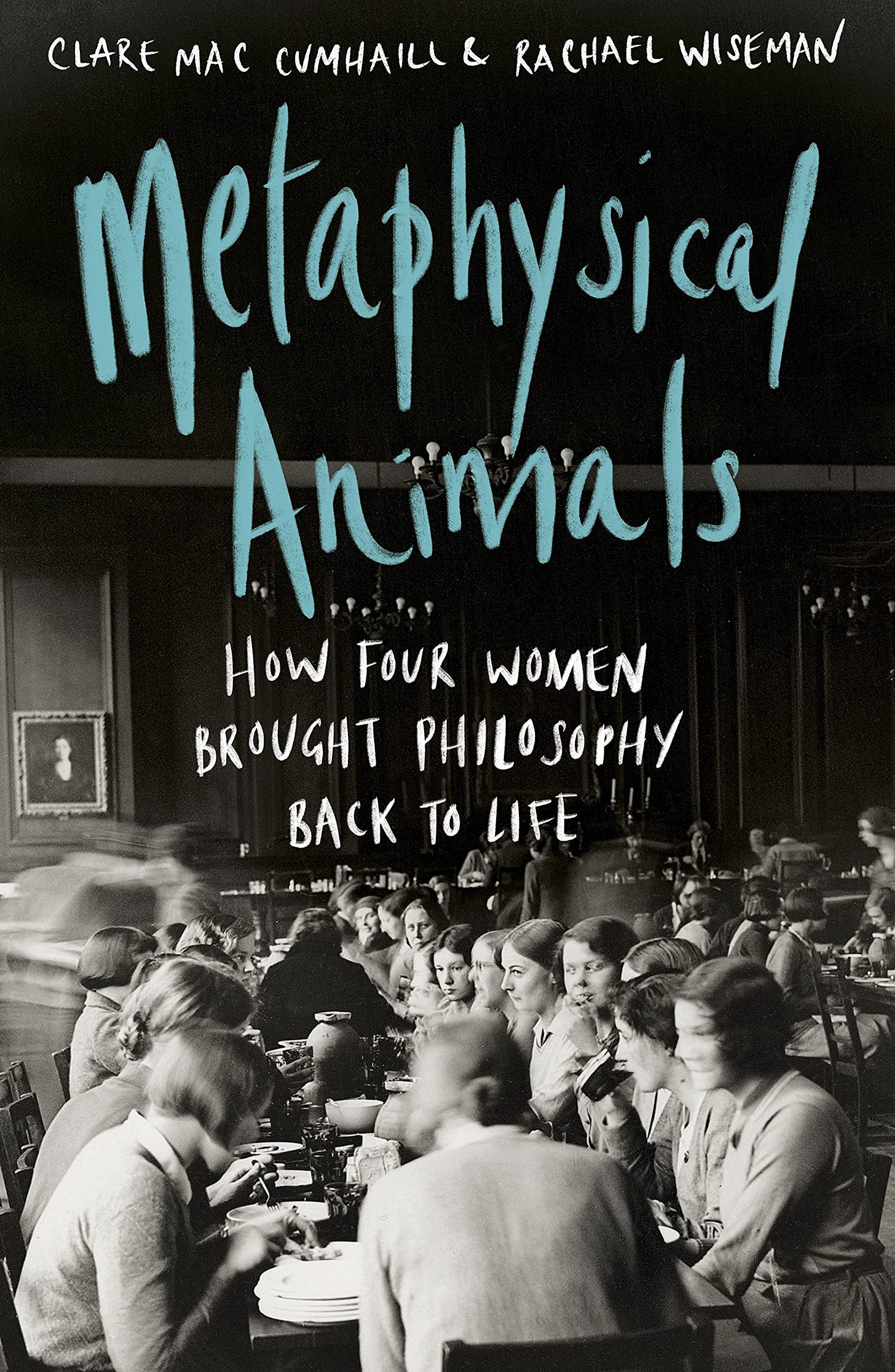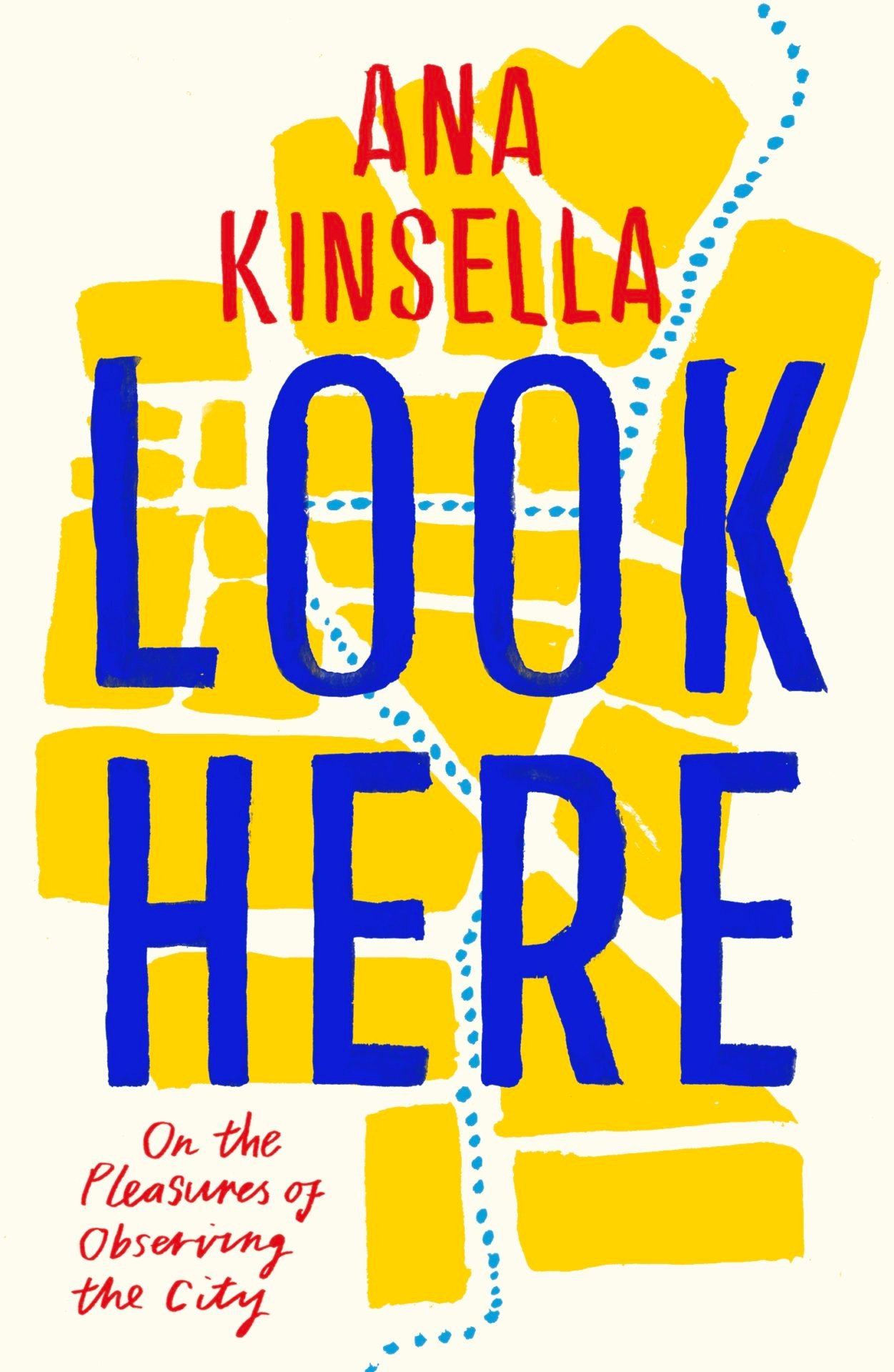Recent books: philosophy, people watching, Peanuts, self help
Metaphysical Animals: How Four Women Brought Philosophy Back to Life, by Clare Mac Cumhaill and Rachael Wiseman
I have been waiting for someone to write this book for years and bought it on sight. Group biography of four women philosophers (Murdoch, Anscome, Foot, Midgely) at Oxford during World War Two and then in the 1950s. One of the most enjoyable page-turning books of this nature I have read recently. Good information on every page. Clear account of the philosophy, although I would have liked more. Excellent use of letters, autobiographies, diaries, etc to show how personality and character mattered to this overhauling of philosophical ideas. A splendid overview of philosophy in the early twentieth century. Essentially a study of how groups of people create new groups of ideas, the endurance and effectiveness of the Socratic method, the relationship between fiction and philosophy, the importance of war to creating new ideas in non-war spaces, the importance of “real life” to abstract thinking, and more. So much of it has stayed in my mind, biographically and philosophically. The speculative paragraphs about the four women walking to lectures together could be cut. Otherwise marvellous. I might write about this book again.
Look Here: On the Pleasures of Observing the City, by Ana Kinsella
A splendid book about people watching, London, clothes, and how to walk around a city. Mostly interesting and about underrated topics. Full of the sort of observational detail novelists usually notice. Not the usual book about London. The political observations are the weakest point, but also very much the smallest part of the book. Millennial writing, in a good way. Probably worth looking at if you enjoy Sally Rooney, for example, but really quite different. From Daunt Books, which is a very good and interesting publishing house.
How to Live. What To Do. How great novels help us change, by Josh Cohen
I found this unpersuasive, thinly argued, and very unhelpful. I learned nothing from the parts of it I read. I quit it quite early. Is it time to retire psychoanalytic literary criticism? This is an example of the sort of thing where he lost me: “Lucy’s psychiatric booth created a space in which Charlie Brown’s and therefore my own confusion and anxiety could be heard.” I am not in favour of “art as therapy” on the whole, but for those of you who are interested, it seems like a good primer. It put me in mind of this quote from Iris Murdoch: “There is very, very little great art. One reason for this is that both the artist and the consumer seek too readily to be consoled... Which prevents one from producing something with the hardness and truthfulness which great art has got.” From this video. If only this was the sort of thing Cohen had delivered — rather than saying that Jane Eyre survived typhus because of “psychic defences” — I would have enjoyed his book a lot more.
Four Thousand Weeks: Time Management for Mortals, by Oliver Burkeman
You do not need to read this book if you have read Seneca. (Or me.) Self-help disguised as philosophy. Unhelpful at that.



